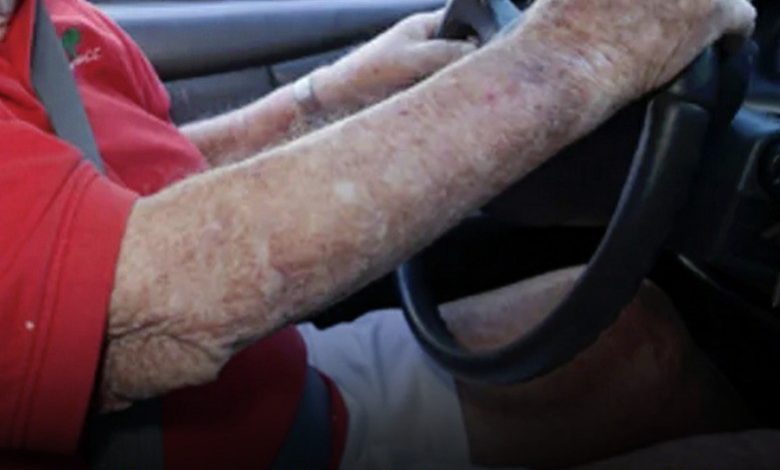Sad news for drivers over 70 they will soon no longer be able to

Elderly Drivers: Safety, Responsibility, and Solutions
As people age, concerns about their ability to safely operate a motor vehicle often arise. Should elderly drivers be required to retake tests, much like renewing an exam? While age alone doesn’t determine driving ability, certain factors—such as slower reflexes, diminished eyesight, and hearing loss—can make cautious evaluation necessary.
Is Driving After 75 Safer or Riskier?
A tragic accident in La Rochelle reignited discussions about senior drivers. An 83-year-old motorist, driving in the wrong direction, collided with a group of children on bicycles, leaving several injured. The incident raises the question: At what age does driving become unsafe?
According to the Road Safety Authority, drivers over 75 are involved in accidents at similar rates to drivers aged 18 to 24. While the comparison may seem surprising, aging can lead to decreased reflexes, vision impairment, and slower reaction times, increasing the risk of collisions.
Is There an Age Limit for Driving?
The answer is no—at least in France.
A B license remains valid for life, unless revoked due to serious infractions or legal rulings. Unlike some countries—such as Italy and Germany, where drivers must undergo medical exams after ages 70 or 75—France relies on personal responsibility rather than mandatory health checks.
A Smarter Approach to Senior Driving
While France doesn’t impose mandatory tests, elderly drivers can voluntarily consult a licensed physician to assess their driving abilities. Eye exams, reflex tests, and coordination evaluations can help identify potential risks. Doctors may advise limiting driving to daylight hours or avoiding high-risk situations.
Refresher courses are another helpful option. These programs allow seniors to review traffic regulations, adapt to new road developments (such as roundabouts and advanced driving assist systems), and receive constructive feedback on their skills.
Adapting Vehicles for Safer Driving
A simple switch from manual to automatic transmissions can make driving significantly easier for seniors. Across France, special workshops now raise awareness about such practical adaptations to keep elderly drivers safer on the road.
Additionally, some driving schools offer senior-specific courses with personalized supervision and supportive guidance to help older motorists stay confident behind the wheel.
Encouragement Over Stigmatization
Instead of blaming or stigmatizing elderly drivers, a more thoughtful approach is needed. Many older motorists have decades of experience with spotless records. Their wisdom on the road is invaluable—but a little help to stay updated and adjust to age-related changes can make a world of difference.
With careful assessments, refresher programs, and adaptive vehicle solutions, aging drivers can continue to drive safely—while maintaining their independence.
Let me know if you’d like any refinements!




